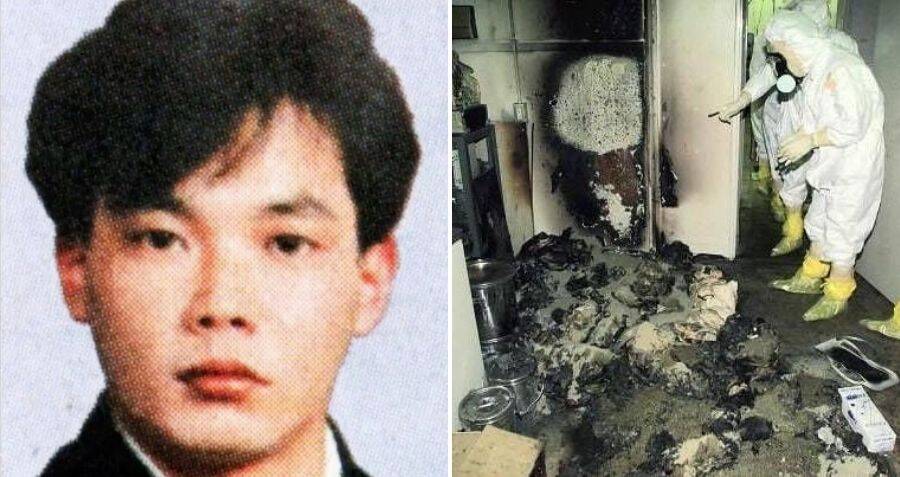Hisashi Ouchi

The name Hisashi Ouchi has become synonymous with the devastating consequences of nuclear accidents. His story serves as a stark reminder of the potential dangers inherent in nuclear energy and the profound impact it can have on human lives. Ouchi’s ordeal sheds light on the importance of stringent safety measures and the ethical considerations surrounding scientific research, particularly in the context of nuclear technology.
The Fukushima Daiichi Disaster:
On March 11, 2011, the Fukushima Daiichi nuclear power plant in Japan experienced a catastrophic meltdown following a massive earthquake and tsunami. The ensuing nuclear disaster sent shockwaves across the globe, reigniting concerns about the safety of nuclear energy. Amidst the chaos and devastation, Hisashi Ouchi, a technician working at the plant, found himself at the epicenter of a harrowing ordeal.
The Ordeal of Hisashi Ouchi:
Ouchi, along with his colleagues Masato Shinohara and Yutaka Yokokawa, was exposed to lethal doses of radiation while attempting to restore the plant’s cooling system. The severity of Ouchi’s exposure was unprecedented, with his body absorbing radiation levels far beyond what was considered survivable. Despite initial efforts to treat his condition, Ouchi’s prognosis grew increasingly dire as his body succumbed to the effects of acute radiation sickness.
Ethical Dilemmas and Medical Treatment:
In the aftermath of the Fukushima disaster, Ouchi’s case presented medical professionals with an ethical conundrum. While every effort was made to save his life, questions arose regarding the appropriateness of prolonging his suffering in the face of inevitable death. Ouchi endured excruciating pain as his body deteriorated, prompting soul-searching among healthcare providers tasked with caring for him.
Legacy and Lessons Learned:
Tragically, Hisashi Ouchi passed away on December 21, 1999, nearly three months after the initial accident. His death served as a sobering reminder of the irreversible consequences of nuclear exposure and the importance of prioritizing safety in nuclear facilities. Ouchi’s story continues to resonate with scientists, policymakers, and the public, underscoring the need for stringent regulations and comprehensive safety protocols in the nuclear industry.
Conclusion:
The tale of Hisashi Ouchi stands as a cautionary reminder of the inherent risks associated with nuclear technology. His sacrifice serves as a catalyst for ongoing discussions surrounding nuclear safety, medical ethics, and the moral obligations of scientific research. As we navigate the complexities of an increasingly nuclear-powered world, let us not forget the human cost of nuclear disasters and strive to prevent such tragedies from recurring.






